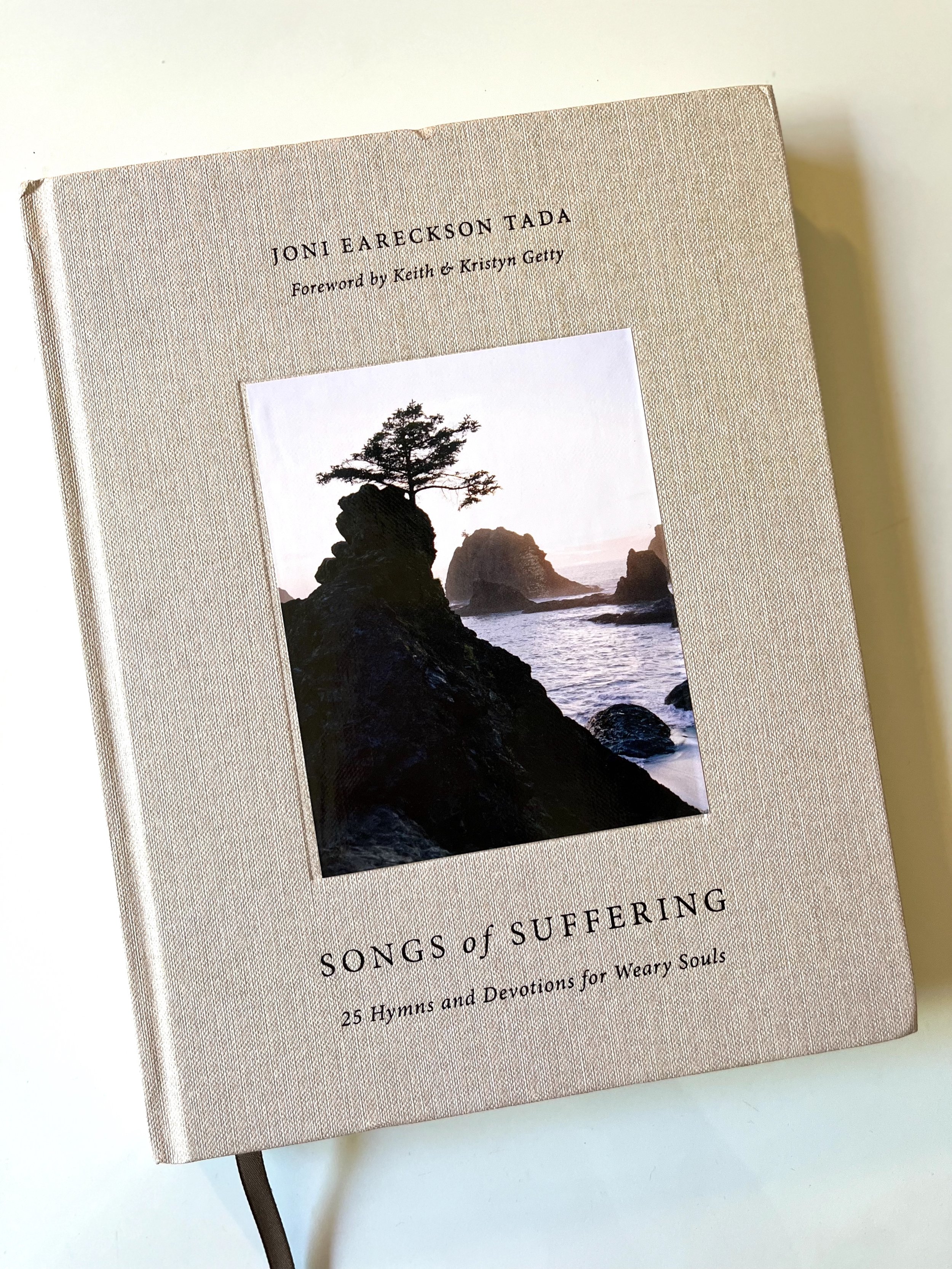FOMO & The Trumpet Call of the Lamb — Nicole O'Meara
Not all of us were asleep, as it turned out.
My brother had recently begun learning to play the trumpet, a fact that became relevant on a Saturday morning at 5:00am. Toby, having learned the basics, decided to impress the rest of us on said morning by standing and pointing the business end of his horn into the three-foot space between the room I shared with my sister and my parents’ room. Dad’s snores rattled the thin walls. We were, all four of us, deep in sleep.
Until I was jerked from sleep to utter darkness and a racket outside my door. What was that ear-splitting noise? An earthquake? (We were familiar with those—they are not silent.) A thief in the night? The apocalypse?
My sister and I flew to the hall and found our parents, Dad in his undershorts and Mom in her flannel nightgown, looking just as alarmed. Four pairs of eyes turned toward the noise to find my brother, trumpet in hand. Wide awake and pleased with himself, he said, “It’s ‘Taps.’ Good morning.”

I used to worry wonder if I’d miss the action when Jesus comes back. Revelation 14:1 (NIV) says, “Then I looked, and there before me was the Lamb, standing on Mount Zion.” The land of Israel is on the other side of the planet from where I sit. How could I “look” and see the Lamb coming? This concerned me. But that was before the internet and social media. I’m not so worried now.
Still, my FOMO makes me itch.
But a funny thing happened when I studied Revelation in BSF this year. I came across repeated instances of trumpets.
First, John heard the voice of God “like a trumpet blast” in Rev 1. It got John’s attention and began the entire vision which we know as Revelation. The same voice “like a trumpet blast” drew him up to the Throne Room in Revelation 4. Then, there were seven angels with seven trumpets (Rev 8-11).
It got me thinking about trumpets, where they appear in scripture, and why.
In Exodus, a trumpet blast accompanied the thunder and lighting and cloud on the mountain where God met Moses and gave him the Ten Commandments.
In Leviticus 3, the Festival of Trumpets is instituted as a day of rest.
In Numbers 10, two silver trumpets are used. They could be used to call the community of Israel to assemble at the tent of meeting. Or the they could be used to set the camp moving. The priests could sound the trumpets to call Israel to battle. Finally, trumpets could be used over the sacrifices during the annual festivals.
Joshua and Gideon used trumpets in battle.
Trumpets were sounded to celebrate the anointing of a new king.
Trumpets were often used with cymbals, harps, and lyres to praise and worship God.
So many uses!
Why trumpets? I think it is because they are loud. They can be heard from very far away. Something about their timbre catches in our ears above the noise of everyday life.
We may be going about the business of our day (or the vital business of sleeping at night), and at the sound of a trumpet blast, our ears perk, our heads lift, and our attention is drawn. Trumpets aren’t easily missed.
Even without smartphones, the internet, and viral videos, I don’t need to worry I’ll miss the moment Jesus returns to earth. The Conquering King will be ushered in with the sound of trumpets—somehow, heard round the world.
I love sending my subscribers special goodies and encouragement straight to their inbox. One of those goodies is a list of 12 Verses to Help You Endure. I’d love to send it to you.
You May Also Like . . .
The Alaskan Wood Frog helps me understand the resurrection better. Jesus was in a real, physical body. But he was also, somehow, in a spiritual body that could appear suddenly, defying physics. This is beyond our understanding, but not beyond our trust. We can trust that what was true for Christ in resurrection will be true for us at our resurrection. The Alaskan Wood Frog doesn’t come back to life in spring because it never died in the winter. Still, it gives us a picture of our resurrection life: a life in a recognizable, physical body, full of activity.
The first devotional made me cry, not out of sadness, but from a sense of connection I have never before felt to Joni. Joni knew what it was like for me because she had felt it too.
That feeling of being known and understood returned several times as I read through Songs of Suffering. Our situations are remarkably different, but Joni shares many of the same feelings I have experienced. Perhaps you too.
Our names can connect us with our heritage or bless us with a hoped-for characteristic. Your name wasn’t chosen randomly, at least I hope not. Even if it was, God is sovereign and in his will, your name matters.
Isaiah 49:16 tells us you are of such value that God tattoos your name on his hands, a part of his body that he and anyone near him will see over and over, every day. He is not ashamed to know you. He declares his love for you for all to see.
Poetry and music about the breath of God have been written for centuries. My impulse is to draw near to “breath” lyrics. If you are like me, then consider these songs of worship, old and new. May they fill you with a fresh awareness of God’s power and presence in you. {Playlist included.}
There were days when the best I could do was make my own coffee and walk to the mailbox. On those days, I learned to worship God and serve him with the smallest bits of energy I had. Those were days of training. Not training for a marathon. I'll tell you straight up, this body will never run a marathon. No, those days were training for days when I would have more energy, more health. I learned to steward my body for kingdom work. No matter how broken, my body will always be good enough for the work God has prepared for me. Today, I have the privilege of sharing how God gave me a new perspective on my healthy body at (in)courage.











